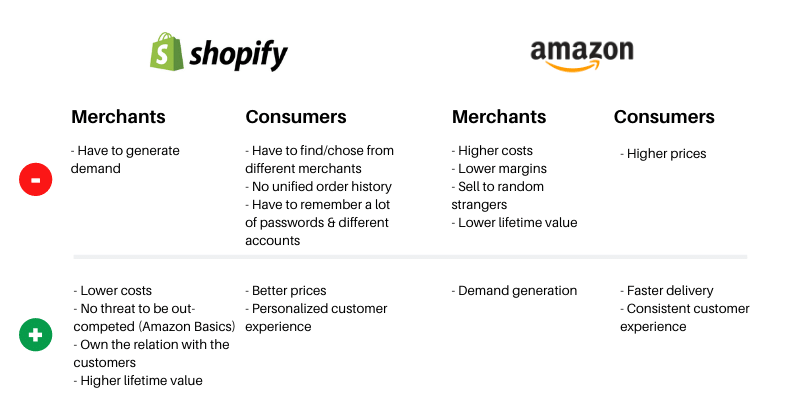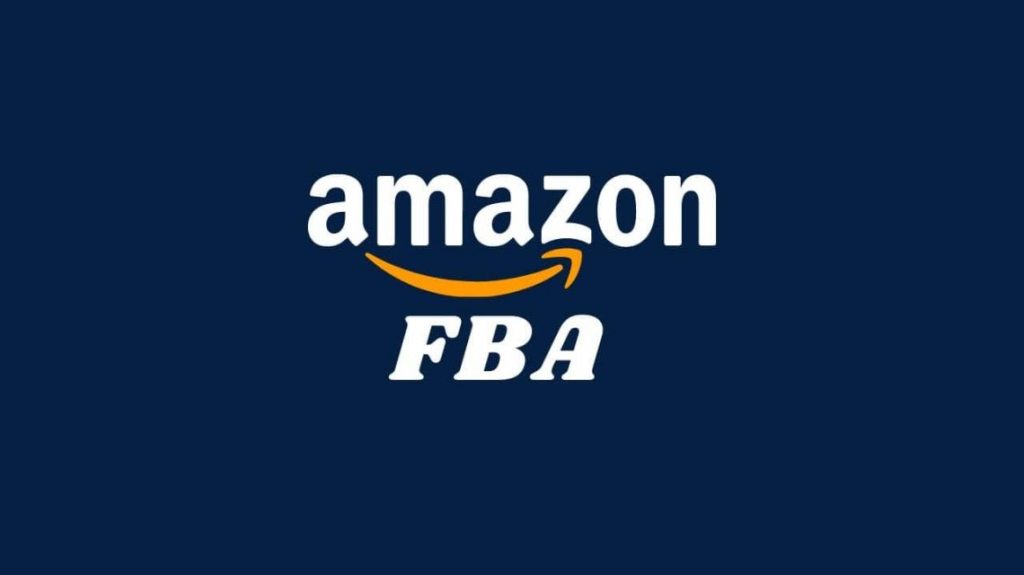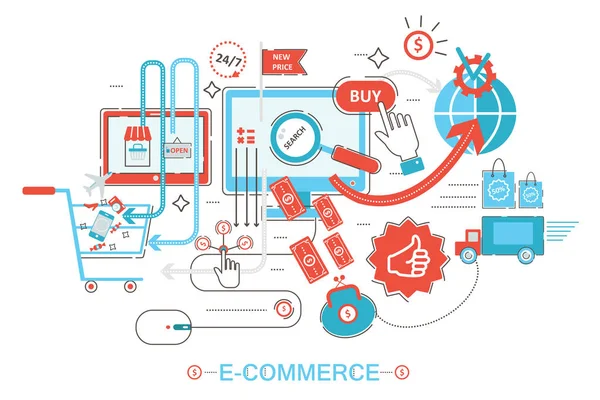
Dropshipping has become a popular way to start an e-commerce business, and two of the most prominent platforms in this space are Amazon and Shopify. Each offers unique advantages and challenges, making it crucial for entrepreneurs to understand the differences to choose the right one for their business goals. In this article, we’ll compare Amazon and Shopify dropshipping to help you decide which platform aligns best with your needs.
Understanding Dropshipping
Before diving into the comparison, let’s briefly define dropshipping. Dropshipping is an e-commerce model where you sell products to customers without holding any inventory. When a customer makes a purchase, you buy the product from a third-party supplier, who ships it directly to the customer. This model minimizes risk and upfront investment but requires careful management to ensure customer satisfaction and profitability.
Amazon Dropshipping
Amazon is one of the largest e-commerce platforms globally, offering a massive audience and high visibility. Here’s what you need to know about dropshipping on Amazon:
Pros:
**Massive Audience:** Amazon has millions of active customers, providing access to a vast and diverse market.
**Trust and Credibility:** Amazon’s reputation for customer service and reliability can benefit new sellers, as customers are more likely to trust purchases made through Amazon.
**Fulfillment Options:** Amazon offers Fulfillment by Amazon (FBA), which allows you to store your products in Amazon’s warehouses. While not strictly dropshipping, FBA can handle warehousing and shipping for you.
Cons:
**Strict Policies:** Amazon has stringent dropshipping policies, including rules that require you to be the seller of record and handle customer service. Failure to comply can result in account suspension.
**High Competition:** With so many sellers on Amazon, it can be challenging to stand out. You’ll need to invest in optimizing your product listings and possibly in Amazon ads.
**Fees:** Amazon charges various fees, including referral fees and, if using FBA, storage and fulfillment fees. These can eat into your profit margins.
Shopify Dropshipping
Shopify is a leading e-commerce platform that allows you to build your own online store. It’s a popular choice for dropshippers who want more control over their business. Here’s what to consider about dropshipping on Shopify:
Pros:
**Customization and Branding:** Shopify gives you full control over your store’s design and branding. You can create a unique shopping experience tailored to your brand’s identity.
**Integration with Apps:** Shopify integrates with various dropshipping apps like Oberlo and Spocket, simplifying product import and order fulfillment processes.
**Marketing Tools:** Shopify offers a range of marketing tools, including SEO features, email marketing integrations, and social media ad options, allowing you to drive traffic to your store.
Cons:
**Building Traffic:** Unlike Amazon, Shopify doesn’t come with a built-in customer base. You’ll need to invest in marketing and SEO to drive traffic to your store.
**Monthly Fees:** Shopify charges a monthly subscription fee, which varies based on the plan you choose. Additionally, there may be transaction fees depending on your payment gateway.
**Learning Curve:** While Shopify is user-friendly, it requires some learning to set up your store, optimize your listings, and manage your business effectively.





